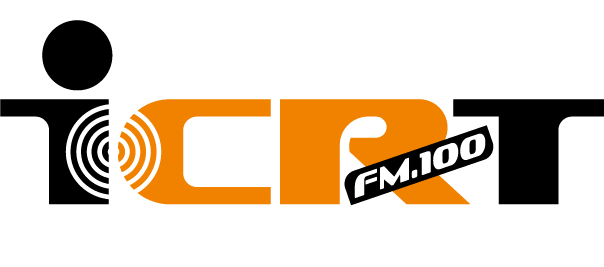 For the first episode of my new podcast series Innovating Taiwan – a collaboration between ICRT and the American Chamber of Commerce in Taipei – I had the pleasure of sitting down with Roan Kang, the General Manager of Marketing and Operations at Microsoft Taiwan, to chat about the future of technology.
For the first episode of my new podcast series Innovating Taiwan – a collaboration between ICRT and the American Chamber of Commerce in Taipei – I had the pleasure of sitting down with Roan Kang, the General Manager of Marketing and Operations at Microsoft Taiwan, to chat about the future of technology.
Listen
Podcast: Play in new window | Download
The body and the soul
The hardware or the device is the body, and the software or the service is the soul. If you have hardware without the software, the body turns into a corpse. If you have software without the hardware, the soul turns into a ghost. You really need the combination of the two to succeed and to deliver value to customers.
Kang speaks of a seemingly distant past during which computing was reserved for the elite and the military and tells me how everything changed with the advent of the internet, which opened up channels for both developers and users. He tells me that while Taiwan is considered the “king of hardware” – every technological device has to pass through the island’s ecosystem at some point – there is major potential for growth in software developments, something that the cloud and mobile movement has contributed to.
The Internet of Things
During our conversation, I became increasingly reminded of the world in Spike Jonze’s Oscar-winning film Her. As we discussed “smart” cars, refrigerators, air conditioning systems and Cortana (a reference I’m told X-Box gamers will appreciate), Microsoft’s intelligent personal assistant, I realized that Her was not as bizarre and outlandish as one would initially think – that this was actually a future toward which we are inevitably approaching.
In fact, one needs only to look at two major technology events that took and are taking place this week, Apple’s World Wide Developers’ Conference and Computex 2014 in Taipei, to see that the future is a world of multiple devices, all connected and customizable to you – the user. Apple’s announcement of OS X Yosemite and iOS 8 now ensures seamless integration between the iPhone and the MacBook, allowing users to start a task on one device and finish on the other, with all files synced on the cloud. With the introduction of HomeKit for developers, users will soon manage much more than just their iTunes libraries from their iPhones. And let’s not forget about Siri, who is now handsfree, Google Now and Cortana.
Bill Gates’ vision
To close, I ask Kang what it was like to work with Bill Gates as Gates’ speechwriter for two years. Besides telling me about Gates’ vision of democratizing computing – a concept that has been re-envisioned by Microsoft’s new Chief Executive Officer Satya Nadella as “ubiquitous computing” – Kang tells me a bit about his personal experiences with Gates.
The incredible thing about Gates, Kang says, is that Gates spends every waking moment learning something new and can immediately turn around and teach that information to someone else. Kang tells me a story about how Gates spends his free time watching lectures from some of the best university professors, even when he’s flying across the world in his private jet. We conclude our conversation by agreeing that this was what made Gates who he was, and Kang says this was one of the most valuable things he learnt from Gates.
“[Gates] is really quite remarkable in that regard. And I feel like if I can learn something new everyday, then I can keep growing as a person, and I really hope that that’s something that I can continue doing for the rest of my life,” Kang says.
Subscribe
You can learn more about Innovating Taiwan here and find the podcast series under the Innovating Taiwan category on this blog, on iTunes, ICRT’s website and AmCham’s blog. Episodes are posted on the last Friday of each month.
Surface Pro 3 photo source
Bill Gates photo source








Recent Comments